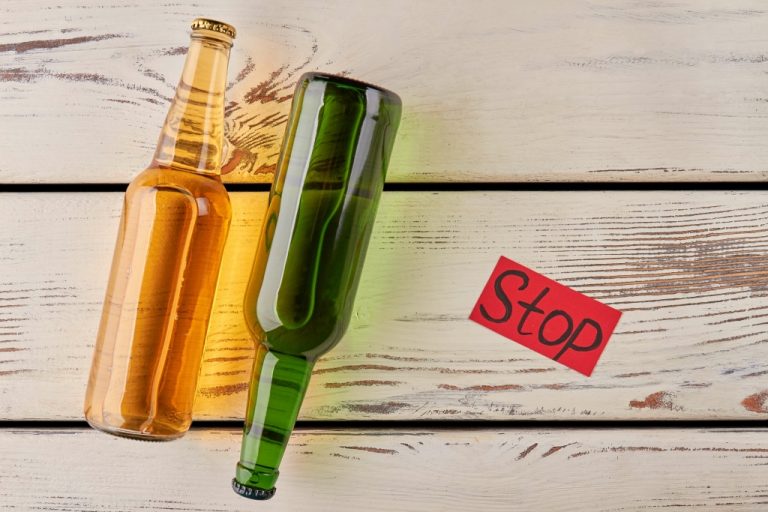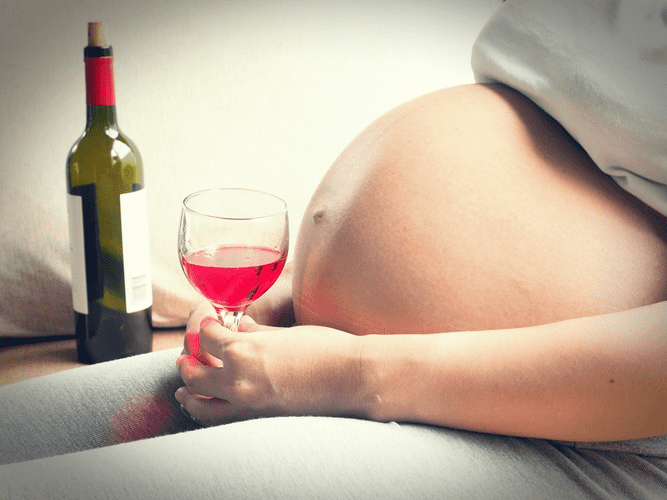Oro House Recovery offers a comprehensive alcohol treatment plan—include medically-assisted detoxification, out-patient, https://mauriciofajardo.net/famous-celebrities-who-died-from-alcohol-and-drugs-2/ and in-patient care. Our approach is compassionate—meaning we don’t judge or make you feel ashamed. And since we understand the challenges people face during their first steps of recovery, we provide a conducive environment to support your journey. Blackouts often occur when your BAC reaches 0.15—which is nearly double the legal BAC limit of 0.08 in most U.S. states.
- Individuals with PTSD often withdraw from social interactions due to feelings of fear, mistrust, or shame related to their traumatic experiences.
- Many people with post traumatic stress disorder (PTSD) experience blackouts, among other symptoms.
- Alcohol is a threat to global health, accounting for 4% of the global health burden, a proportion that is comparable to tobacco and hypertension 1.
Social and Professional Consequences

This is known as integrated treatment, and it addresses both conditions simultaneously rather than treating one before the other. This durable comorbidity has been found in large, small, representative, and targeted samples. U.S. surveys, such as the St. Louis sample of the ECA,8 the NCS,16 and the NESARC,23 have consistently found relationships between alcohol problems and PTSD. Similar numbers of men and women report blacking out, but men drink much more often and more heavily than women. The logical conclusion is that women are at a greater risk for blacking out than men.

The 6 Stages of Mental Health Recovery
Our daily research-backed readings teach you the neuroscience of alcohol, and our in-app Toolkit provides the resources and activities you need to navigate each challenge. The symptoms cause distress or impairment in social, occupational, or other important areas of functioning. The association between AUD and PTSD has been elucidated due to the development of standardized assessments for the ECA using the DSM-III DIS. Assessments that followed have used the foundational structure and question format of the DIS to interview participants.
What are alcohol-induced blackouts?

Alcohol disrupts the brain’s ability to process and store information, leading to short-term blackouts and long-term cognitive decline. Chronic stress increases the production of cortisol, a hormone that affects the hippocampus. When combined with alcohol, stress can accelerate cognitive decline and impair the brain’s ability to store and ptsd alcohol blackout retrieve information. Most common is the “fragmentary blackout,” in which some parts of the memory will exist but not others.
- You may not have any memory of the time that’s passed when your blood alcohol content is above that threshold.
- Alcohol use disorders are among the conditions most frequently comorbid with PTSD (Kessler et al., 1995).
- For individuals with PTSD, these blackouts may occur during times of extreme stress or anxiety.
- As people are not in complete control of their bodies in such a state, they are very much likely to engage in risky behaviors such as driving while drunk or unsafe sex as well.
- Treatment options for PTSD and AUD begin with a comprehensive assessment to determine the intensity and types of treatments that will be most beneficial.
Due to alcohol induced blackouts, these behavior and personality changes happen because of the effect of alcohol on the brain. Not everyone who consumes a large amount of alcohol in a short period of time will have a blackout. However, the effects of alcohol on the brain are primarily to blame for those who do. Alcohol can impair a person’s memory and ability to think coherently even in little doses. Substance abuse The larger the amount of alcohol ingested, the more these critical cognitive functions are harmed. Theories proposing that alcohol-related amnesia is a result of state-dependent effects of alcohol suggest that forgotten memories of events during intoxication may be recalled by returning to that intoxicated state 18.
